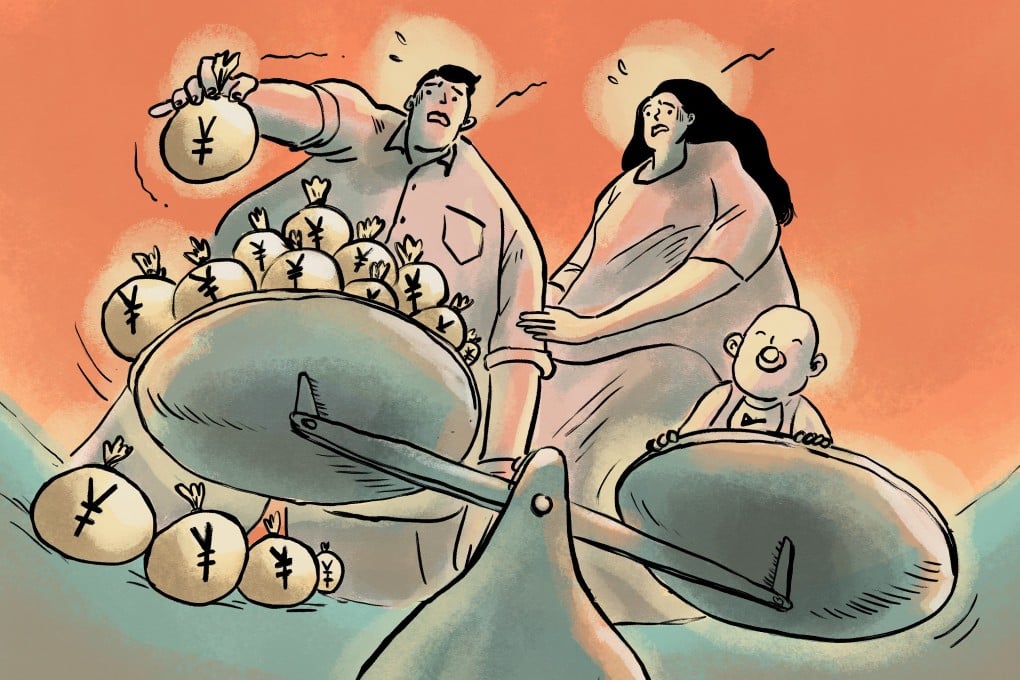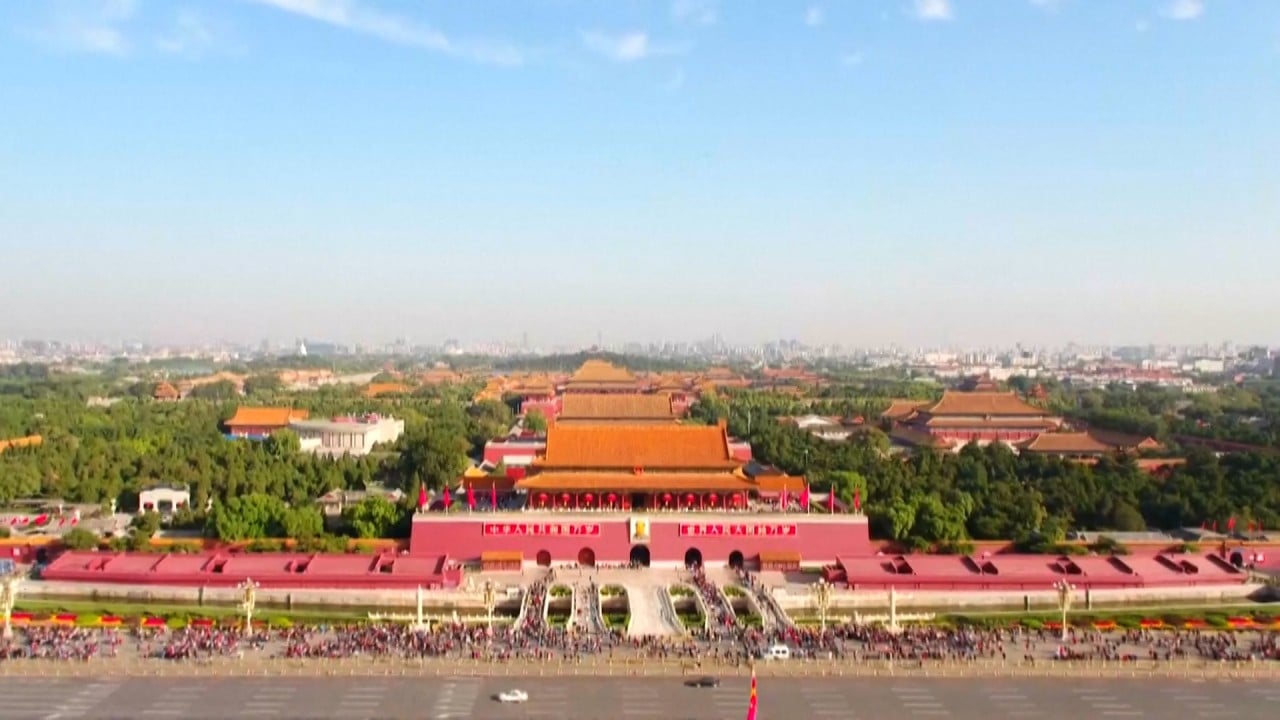China’s population outlook worrying as young people baulk at high cost of having kids
- China’s ageing population is the least of concerns for young people who can barely afford to make ends meet, much less have children
- Huge income-to-debt ratio said to be ‘most effective contraceptive’ for millennials, Generation Z

This is the third in a series of stories about China’s once-a-decade census conducted in 2020. The world’s most populous nation released its national demographic data on Tuesday, and the figures will have far-reaching social policy and economic implications.
China’s young people are not surprised that their homeland has one of the world’s lowest fertility rates. In fact, most seem to empathise with the growing reluctance to have kids in China.
Many believe that there is a general consensus among China’s millennials and Generation Z that having children will impose a strong financial burden under the country’s current public welfare conditions, and that having fewer or no children is necessary to maintain one’s quality of life.
“Honestly, I don’t want to have a relationship, I don’t want to get married, and I don’t want to have children,” said Zhang Jie, a 31-year-old salesman with a small private trading company in Guangzhou who recently broke up with his girlfriend after four years. “For the working class, it is simply becoming more and more unaffordable to raise a child in urban cities.”

02:33
China birth rate at 60-year low as new census shows population grew slightly to 1.412 billion
China’s fertility rate also fell to 1.3 children per woman, which is well below the replacement level of 2.1 – the rate needed for a stable population. By comparison, Japan’s fertility rate was 1.369 in 2020.